Premium Only Content
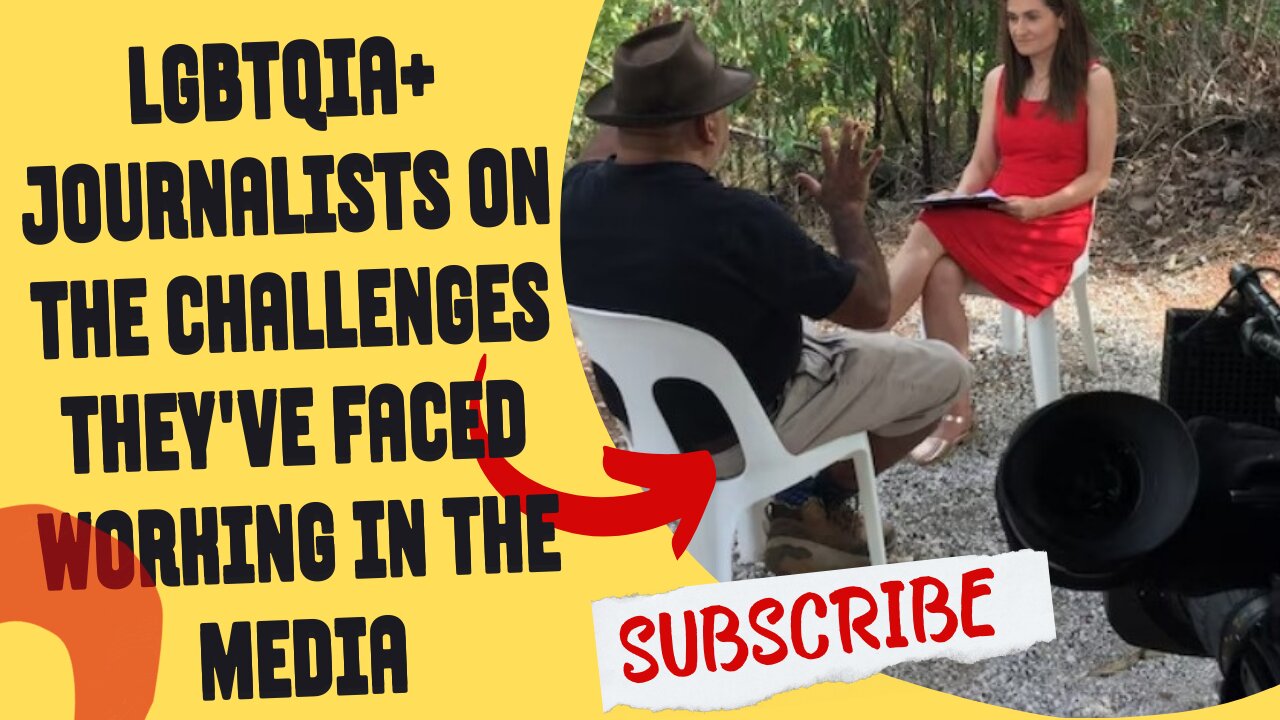
LGBTQIA+ journalists on the challenges they've faced working in the media
LGBTQIA+ journalists on the challenges they've faced working in the media
It was a phone call Anton Enus will never forget.
On the other end of the line was a newspaper reporter who said they were publishing a story that would out him as gay.
Did he wish to make a comment?
It was the mid 1990s and Enus was a TV news presenter in South Africa.
It was a much more sensitive time," says Enus, who today presents SBS World News. "I think there were certainly dangers involved in coming out then for your career.
"But my thought was, I'd rather have some input into the story than not."
He provided a couple of quotes to the journalist and waited for the fallout.
"I didn't know how it was going to turn out," Enus says.
"It was certainly a pretty big issue for anyone with a public profile to be coming out."
The story was published and, to his relief, there were no negative repercussions.
He says he was not treated any differently in the newsroom, or in public.
"It ended up having zero effect on my career. In fact, it was a non-issue in terms of some anxieties I had about it," he says.
At the time in South Africa, I did get that kind of correspondence from people who were saying, 'I live in a small town, it's like I'm the only gay person in the world. And suddenly here's this guy on television who's openly gay.' And that was really, really encouraging."
Enus's experience echoes a storyline from the ABC drama The Newsreader.
Set in 1987, the series features a male TV news presenter, Dale Jennings (played by Sam Reid), who is threatened with being publicly outed by a newspaper gossip columnist.
Inspired by The Newsreader, we spoke to three openly LGBTQIA+ television journalists about the challenges they've faced in their media careers.
Coming out to Australia
Before that newspaper article, Enus says he never felt pressure to hide his sexuality for the sake of his career.
He was already active in the gay community and president of a gay sports organisation in South Africa. He says it would have been easy for someone to find out he was gay.
"And, in fact, when that Sunday newspaper reporter proficiently ushered me out of the closet, that allowed me then to speak up on the issues involving gay sport," he says.
"So in a sense that liberated me to speak about those things, which I probably wouldn't have done before."
When he moved to Australia in the late 1990s he essentially came out publicly a second time.
After becoming a news presenter for SBS in 1999, a local magazine did a story about him. In it, Enus spoke about being gay, making him one of the first TV news presenters in Australia to do so on the record.
He says the response in Australia was even more low-key than in South Africa.
"If anything it just underlined the sort of cosmopolitan nature of SBS as an entity, which was great," he says.
I tell Enus it meant a lot to me, a young gay person at that time, to have a prominent openly-gay person on Australian TV when they were so few and far between.
He thanks me, but goes on to acknowledge that things haven't been as smooth for other LGBTQIA+ people in the industry. He points out that he was working for a big broadcaster in a big city, and the reality could have been very different for someone in a regional area working for a local TV or radio station.
"So in a sense I felt like I had a kind of soft landing."
Finding a supportive workplace
News producer Kate Doak has experienced her fair share of discrimination working in the media.
"I had a number of instances where I was told, 'Great CV, great skill set, but we don't feel ready for a tranny in our newsroom," she says.
"There were a number of different instances where I had that type of language used to my face, and there were other people who confirmed it had happened behind my back as well when I went for different roles."
Doak, a transgender woman, says shocking comments like that are still uttered in newsrooms and other workplaces today.
"A lot of people don't realise the sort of impact that it can have on someone," she says.
"There's a lot of challenges that a lot of trans people still do face when it comes to finding secure employment."
There's only a handful of transgender media professionals in Australia, and the number of journalists who are trans globally is just as sparse, she says.
"This has significantly influenced how stories involving the trans community have been covered over recent years."
One of the people who inspired Doak to persist in journalism was Enus. Doak interviewed him during her first job at a local radio station in 2009, and they became friends.
#australia #russia #unitedkingdom #usa #unitedstates #italy #spain #australiannews
-
 LIVE
LIVE
Spartan
1 hour agoExpedition 33, Halo Later on (Maybe)
123 watching -
 LIVE
LIVE
Meisters of Madness
19 minutes agoFinals and Wuchang!
109 watching -
 LIVE
LIVE
Lofi Girl
2 years agoSynthwave Radio 🌌 - beats to chill/game to
399 watching -
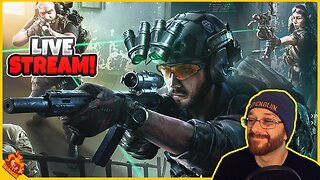 LIVE
LIVE
BBQPenguin_
1 hour agoTasking & PVP
7 watching -
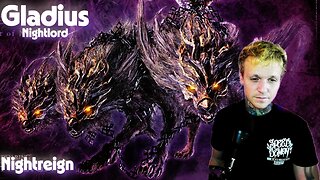 LIVE
LIVE
FrizzleMcDizzle
3 hours agoGladius, Creature of the Night - NEW NIGHTLORD - NightReign
15 watching -
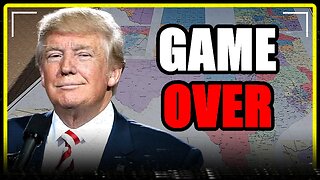 8:31
8:31
MattMorseTV
1 day ago $1.48 earnedTexas just did the IMPOSSIBLE.
64.1K85 -
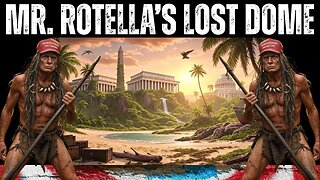
Rotella Games
18 hours agoGreen Hell Day 6 | We Have a LONG Way to Go
12.8K4 -
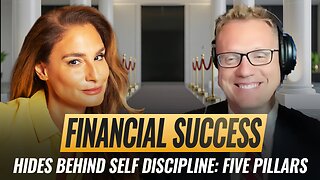 41:26
41:26
The Mel K Show
5 hours agoMel K & Clay Clark | Financial Success Hides Behind Self Discipline: Five Pillars | 8-24-25
31.9K3 -
 LIVE
LIVE
The Rabble Wrangler
13 hours agoThe Best in the West Plays Battlefield 2042 | Road to BF6 Grind
30 watching -
 2:29:17
2:29:17
JTtheSG
2 hours agoLIVE Replay - Back To The Deadzone!!!
13.8K